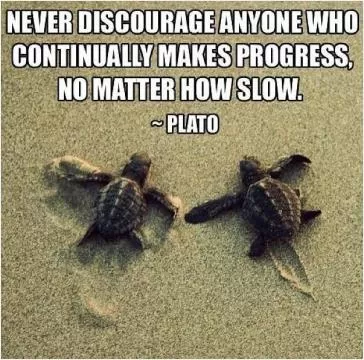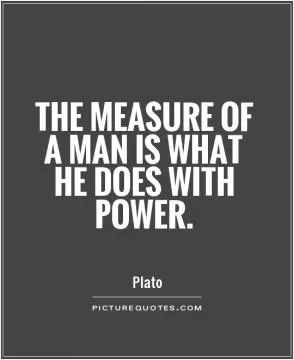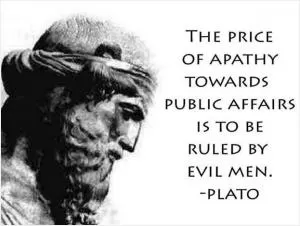Any man may easily do harm, but not every man can do good to another

Any man may easily do harm, but not every man can do good to another
In the context of Plato's philosophy, the idea that "any man may easily do harm, but not every man can do good to another" holds significant weight. Plato, a renowned ancient Greek philosopher, believed in the pursuit of the highest good and the importance of virtue in achieving a harmonious society. In his works, such as "The Republic" and "The Symposium," Plato delves into the complexities of human nature and the challenges of achieving true goodness.Plato's concept of the tripartite soul, consisting of reason, spirit, and desire, highlights the internal struggle that individuals face in choosing between harmful actions and virtuous deeds. According to Plato, the rational part of the soul should govern the spirited and desirous parts, guiding individuals towards the pursuit of knowledge, wisdom, and moral excellence. However, not every man possesses the wisdom and self-control necessary to do good to others.
The ability to do harm easily stems from the lower aspects of human nature, such as selfishness, greed, and ignorance. It is often easier for individuals to act impulsively and harm others in pursuit of their own desires, without considering the consequences of their actions. In contrast, doing good to another requires selflessness, empathy, and a genuine concern for the well-being of others. It involves making sacrifices, showing kindness, and acting with integrity, even when faced with challenges and temptations.
Plato believed that true goodness is a rare and precious quality that few individuals possess. It requires a deep understanding of the nature of reality, the importance of justice, and the pursuit of the highest ideals. Those who are able to do good to others are guided by reason and virtue, striving to create a harmonious society based on mutual respect, cooperation, and compassion.












 Friendship Quotes
Friendship Quotes Love Quotes
Love Quotes Life Quotes
Life Quotes Funny Quotes
Funny Quotes Motivational Quotes
Motivational Quotes Inspirational Quotes
Inspirational Quotes